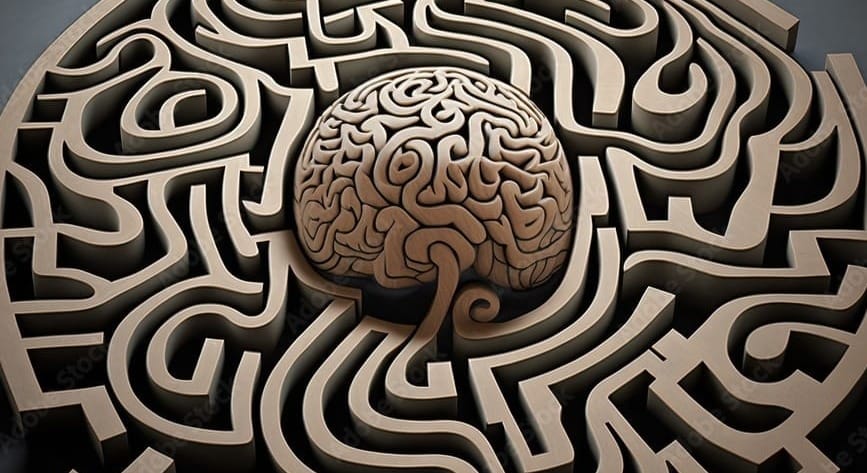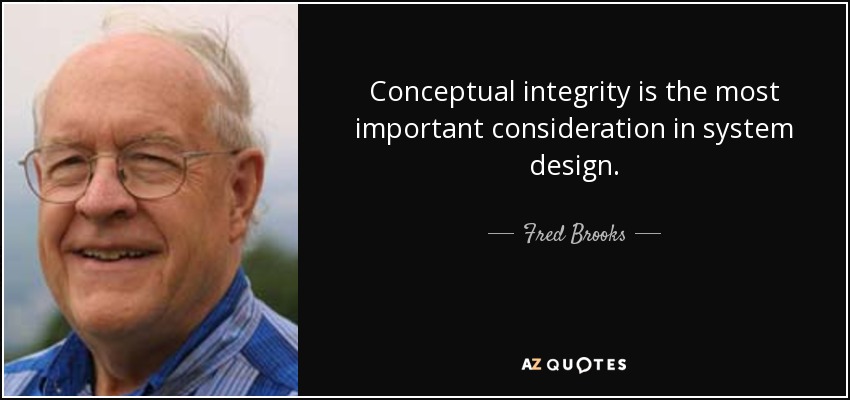· Metacognition · 3 min read
Writing as Thinking and Learning and Leading
Writing practices help us think and learn and lead. Writing hones essential skills for knowledge workers.

Writing is thinking. To write well is to think clearly. That’s why it’s so hard. ― David McCullough
As knowledge workers, our primary purpose is to craft knowledge. Regardless of our role, we are endlessly weaving other people’s thoughts and experiences into our own. We construct recommendations to improve our software systems, people processes and products. We try to envision what is not yet visible and bring it to life.
Despite our good intentions, we also get lost in a forest of disparate opinions. We head down a promising path and discover a dead end. We do this again and again. Then, when we do find a path that leads to change … almost nobody follows. Buffeted by the forceful winds of conflicting ideas, we can feel like we are screaming into the wind.
To construct knowledge – something whole and actionable from the raw materials of abstract ideas – we need to create conceptual integrity. Conceptual integrity is understanding how to think, rather than being told what to think. We are truly terrible at constructing and maintaining conceptual integrity … unless we have practices that support us.
Fortunately, writing is the practice of conceptual integrity. Writing can strengthen our metacognition – awareness and understanding of our own thought process. Writing can be used as a method of inquiry – the practice of exploring new ideas, insights and experiences. We can write to learn. Writing structures experiences that help us navigate complexity and uncertainty.
In the midst of ever-changing circumstances, writing can synthesize knowledge, experience and sound judgment into a strong recommendation. Synthesizing, when done as a team, becomes thinking well, together.
Thinking well together generates better outcomes. When people cooperate to strengthen their reasons for acting, they make better decisions. The way we engage with people’s writing is the way we think together. When we structure spaces where knowledge can grow and flourish, we provide integrative leadership … the kind that generates true and lasting change.
Writing Down the Bones: Freeing the Writer Within
by Natalie Goldberg
This book has zero technology in it. But Natalie’s approach to writing will help you get past shallow thinking and into the depths. These practices will also help you get unstuck from rutted mental patterns and discover a more creative approach to communication.
Grammar Girl Quick and Dirty Tips for Better Writing
by Mignon Fogarty
Writing is editing. Grammar is syntax and we need to improve it – like we do in code. These are fun and short. You can start with a recent one or go back and pick one that appeals to you.
Writing in the Sciences
taught by Dr. Kristin Sainani
This course begins with lessons applicable to everyone. Later, it goes into publishing scientific papers, which most technologists aren’t doing. But the skills she covers are valuable … we are always sharing our thinking and gathering peer reviews to make it stronger.
Writing as Thinking (online workshop)
taught by Diana Montalion
A transformative self-directed workshop designed specifically for knowledge workers and technologists. Practices that enhance your ability to think critically, synthesize ideas, and communicate effectively through writing. Join SystemCrafters Collective (for free) to access this course.
Writing as Thinking (book)
by Diana Montalion
Well-reasoned writing transforms disparate thoughts into meaningful action. Writing practices help us create self awareness, strengthen our recommendations and craft expertise. This book describes some of those practices



